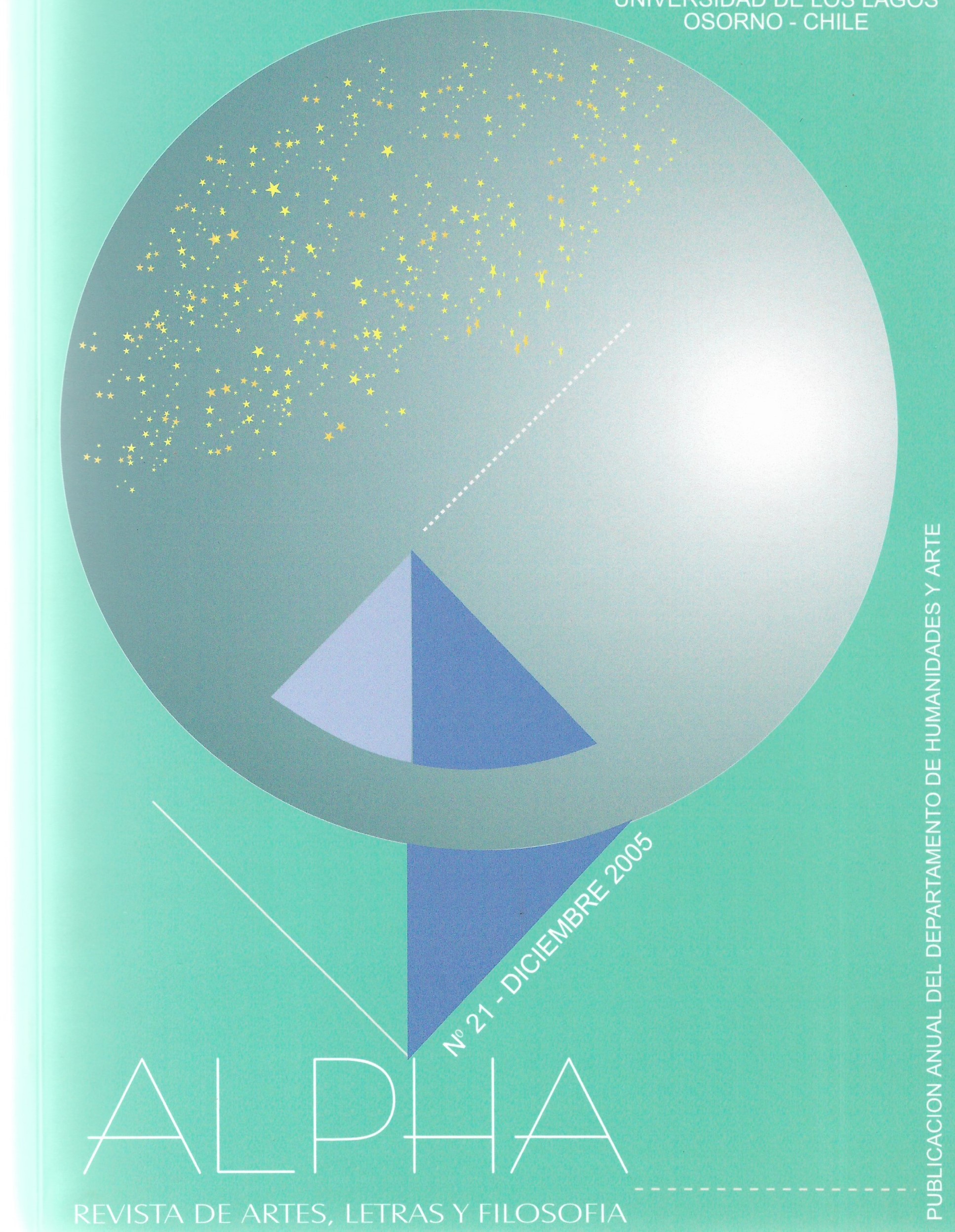Consolidación del Estado-Nación y las contradicciones de la perspectiva indianista: Gualda, Cailloma y A orillas del Bío-bío
Contenido principal del artículo
Resumen
En este artículo se analizan tres novelas de referente indígena (Cailloma, A orillas del Bío-Bío, Gualda) publicadas en la década del setenta del siglo XIX.
Estas novelas utilizan los modelos de La araucana de Ercilla y el Cautiverio feliz de Núñez de Pineda como paradigmas heroico y evangelizador, respectivamente. Representan tiempos pre-republicanos, utilizando estrategias románticas en la escritura, mistificando la realidad mapuche para construir un pasado épico sintonizado con el momento histórico en que fueron publicadas. Estos escritores católicos-criollos intentan reivindicar el “alma indígena” para “salvar al hombre” y
no la etnia, que consideran anacrónica según la ley de evolución de la modernidad.
Finalmente, estos textos se entroncan con la idea de Andrés Bello de hacer del pasado mapuche cantado en La araucana el origen de la chilenidad, apropiando el heroísmo mapuche para ser utilizado como mito fundacional en el nuevo orden creado por el estado nación. Este proceso se instituye con la negación de la sociedad indígena y de su derecho de definirse y mantener su cosmovisión y autonomía frente al establecimiento de la entidad criolla que se impone como universal en las tierras ocupadas.

